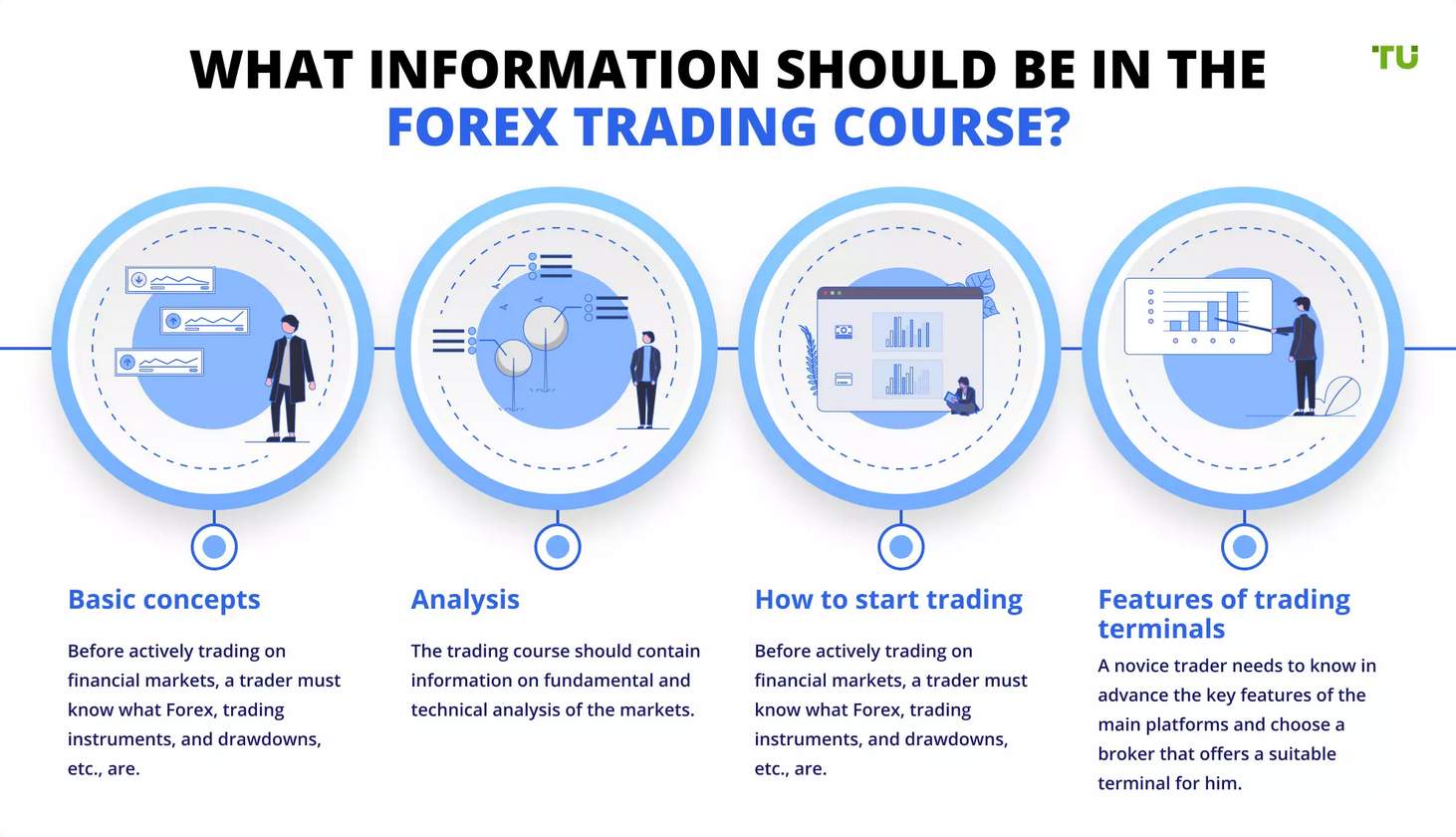Discover the most effective Forex Trading Course to Elevate Your Trading Skills
Discover the most effective Forex Trading Course to Elevate Your Trading Skills
Blog Article
Recognizing the Basics of Money Exchange in Today's Global Market
In an increasingly interconnected global economic situation, realizing the principles of money exchange is important for stakeholders across different industries. As main financial institutions apply impact and technological developments reshape currency trading, the effects for international business are far-ranging.
The Essentials of Money Exchange
Money exchange is a basic facet of the international economic situation, assisting in global trade and financial investment. It includes the conversion of one money into another and is necessary for companies, governments, and individuals who involve in cross-border transactions. The currency exchange process occurs in the foreign exchange market (Forex), which is the biggest and most liquid financial market worldwide, operating 24-hour a day, 5 days a week.
At its core, currency exchange is driven by supply and need dynamics. Money are traded in sets, such as EUR/USD or GBP/JPY, and the exchange price between them suggests just how much one money deserves in terms of an additional. This rate fluctuates continually due to trade circulations, funding activities, and other market tasks.
Individuals in the Foreign exchange market range from big economic establishments and multinational corporations to private capitalists and tourists. Each participant may have different goals, such as hedging against currency exchange rate threat, hypothesizing on currency movements, or facilitating international acquisitions. Recognizing the essentials of money exchange is critical for making educated decisions in the worldwide market, as currency exchange rate can considerably impact the price of goods and solutions, financial investment returns, and financial stability.
Aspects Influencing Exchange Rates
Greater rate of interest prices supply lenders better returns family member to other countries, attracting more foreign resources and causing the money to appreciate. Alternatively, rising cost of living rates play a vital role; money in nations with reduced rising cost of living prices have a tendency to appreciate as acquiring power boosts family member to higher-inflation economic situations.
Economic growth and security likewise considerably effect currency exchange rate. A robust economic situation attracts foreign investment, boosting need for the domestic currency, which leads to admiration. In addition, trade equilibriums impact currency value. A nation with a substantial trade surplus typically sees its money value as a result of boosted foreign need for its goods and solutions, while a profession shortage can weaken the money.
Political stability and economic efficiency are important too; nations perceived as low-risk destinations for financial investment often tend to see their money value. forex trading course. Market conjecture can additionally drive currency exchange rate changes, as traders prepare for future motions based upon current financial signs and geopolitical occasions. These factors collectively add to the vibrant nature of exchange prices in the international market
The Function of Central Banks

Reserve banks also participate in forex treatments to fix excessive volatility or imbalances in currency exchange rate. These interventions might entail purchasing or selling foreign money to keep a wanted currency exchange rate level. In addition, reserve banks hold substantial forex books, which can be released purposefully click here to find out more to sustain their currency.

Innovation and Money Trading
While central financial institutions shape the overarching landscape of money exchange, technological innovations have changed the auto mechanics of money trading itself. The spreading of digital platforms has actually equalized access to foreign exchange markets, making it possible for individual traders to take part together with institutional capitalists. Online trading platforms, furnished with real-time information and analytical devices, promote informed decision-making and have actually added to increased market liquidity.
Algorithmic trading, powered by advanced software, has reinvented the rate and efficiency of currency trading. Formulas implement trades based on predefined requirements, minimizing human intervention and reducing the time required to take advantage of on market activities. This automation enhances precision in trade execution and aids in the management of intricate trading methods. In addition, the increase of man-made knowledge and artificial intelligence algorithms provides predictive analytics, allowing my sources investors to prepare for market fads with higher accuracy.
Blockchain innovation also promises a transformative influence on money trading. By ensuring openness and minimizing deal costs, blockchain can streamline negotiation procedures, potentially mitigating threats related to standard trading methods. Moreover, cryptocurrencies, underpinned by blockchain, have presented a new measurement to currency trading, motivating market individuals to adjust to an evolving economic community. As modern technology remains to advance, its impact on currency trading will likely deepen, shaping future market characteristics.
Effect On Global Trade
In the interconnected landscape of international trade, money exchange plays a critical function in shaping financial relationships in between countries. A solid currency can make a country's exports extra costly and much less appealing on the global phase, potentially lowering market share.
Money fluctuations can additionally lead to financial uncertainties, complicating long-lasting preparation for international corporations. Companies typically hedge against these threats through financial instruments to maintain prices and incomes. Moreover, exchange rates affect international straight financial investment (FDI) choices, as investors look for favorable conditions to make best use of returns, influencing capital streams across boundaries.
In addition, federal governments aim to maintain steady currency exchange rate to foster predictable trading conditions, sometimes intervening in international exchange markets to attain financial objectives. Reserve More about the author banks might change rate of interest prices or implement financial policies to affect money toughness, thus affecting trade characteristics.
Conclusion
An extensive grip of currency exchange basics is vital for browsing the intricacies of the global market. Exchange prices, shaped by rates of interest, inflation, and economic development, are critical in identifying money appraisals. Main financial institutions play an important duty in affecting these prices, while advancements in modern technology have actually transformed currency trading. Comprehending these components is crucial for reliable financial planning and danger administration, as currency changes substantially impact international trade and investment methods in an interconnected economic environment.
Report this page